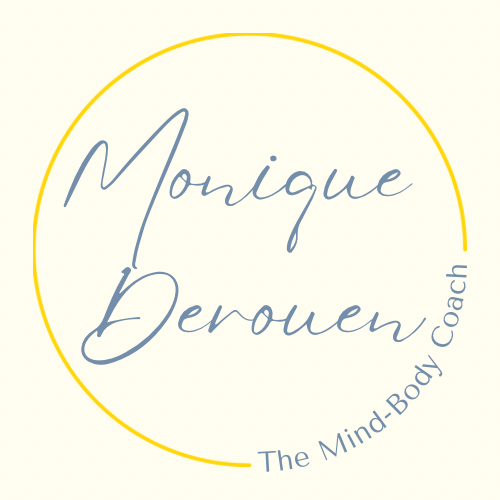When emotions run strong the decision making ability is weak.
When we find ourselves in highly emotional situations, our ability to make sound decisions often becomes compromised. It is no secret that emotions have a profound impact on our thought processes, often leading to hasty and irrational choices. In this post, we will explore the connection between strong emotions and weakened decision-making ability.
When experiencing intense emotions such as anger, fear, or excitement, our cognitive functioning can be significantly affected. Strong emotional states can cloud our judgment, impair our ability to analyze situations objectively, and distort our perception of risks and rewards. This emotional bias can greatly impede effective decision making.
When emotions run high, our brains are more susceptible to various cognitive biases. These biases can manifest in the form of availability bias, confirmation bias, or motivated reasoning. Our tendency to rely on anecdotal evidence or seek out information that confirms our pre-existing beliefs can hinder us from making well-informed and rational decisions. Emotions can cloud our judgment and distort our perception of risks and rewards.
Strong emotions often push us towards impulsive actions. When overwhelmed by emotions, we may seek immediate satisfaction or relief without carefully considering the potential consequences. This impulsive behavior can lead to regrettable choices that we might not have made under calmer circumstances.
Developing emotional intelligence is crucial for overcoming the detrimental effects of strong emotions on decision making. Emotional intelligence involves understanding and managing our emotions effectively, as well as recognizing and empathizing with the emotions of others. By fostering emotional intelligence, we can enhance our ability to think critically, control impulsive behavior, and make better decisions.
It is clear that when emotions run strong, our decision-making ability often takes a backseat. The impact of emotional states on decision making is a universal human experience. However, by recognizing the influence of emotions, understanding cognitive biases, and developing emotional intelligence, we can strive to make more logical and informed choices. So, the next time you find yourself caught in the storm of emotions, take a step back, assess the situation objectively, and make decisions that reflect your best interests in the long run.

